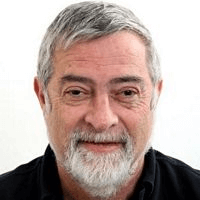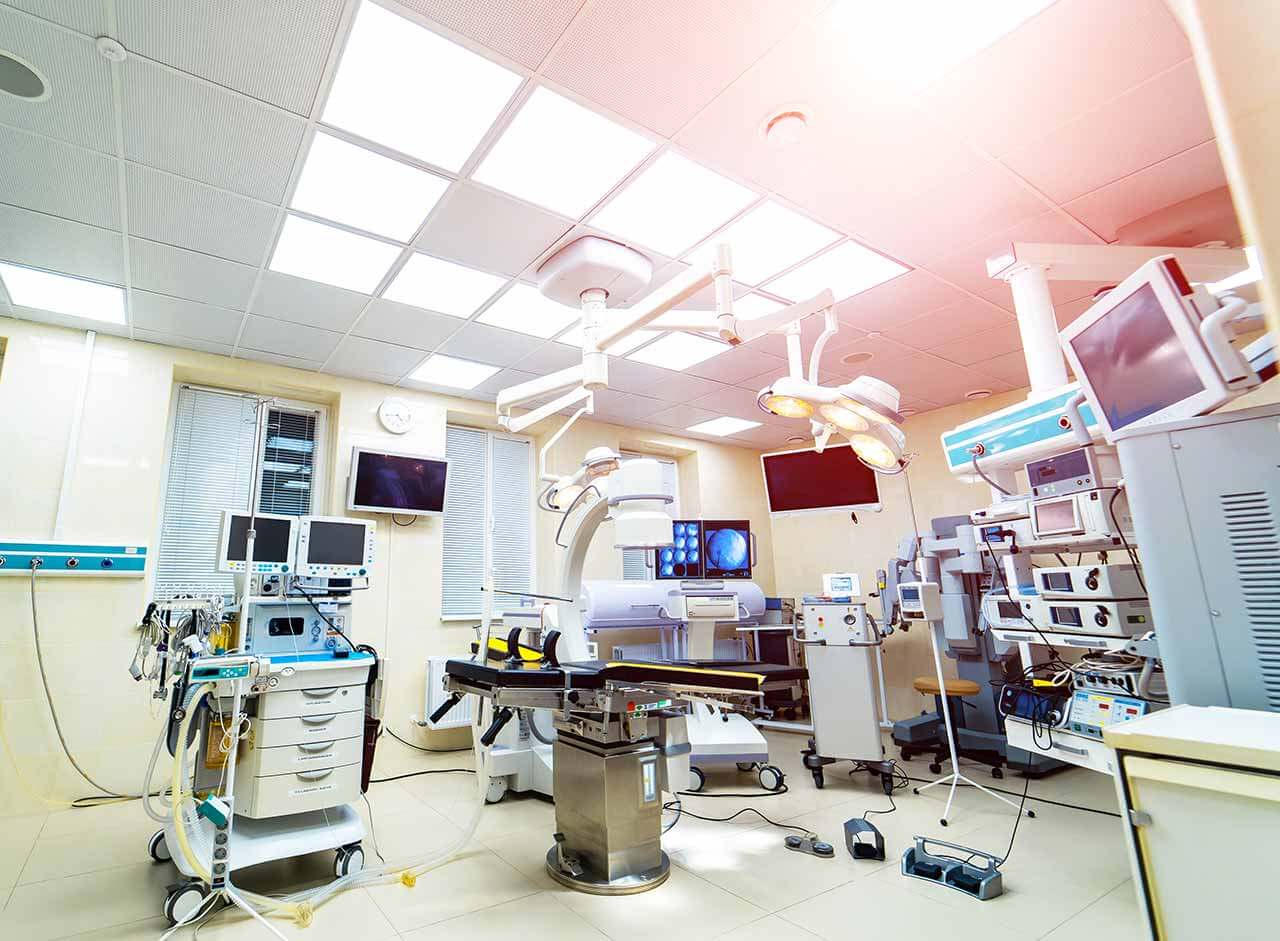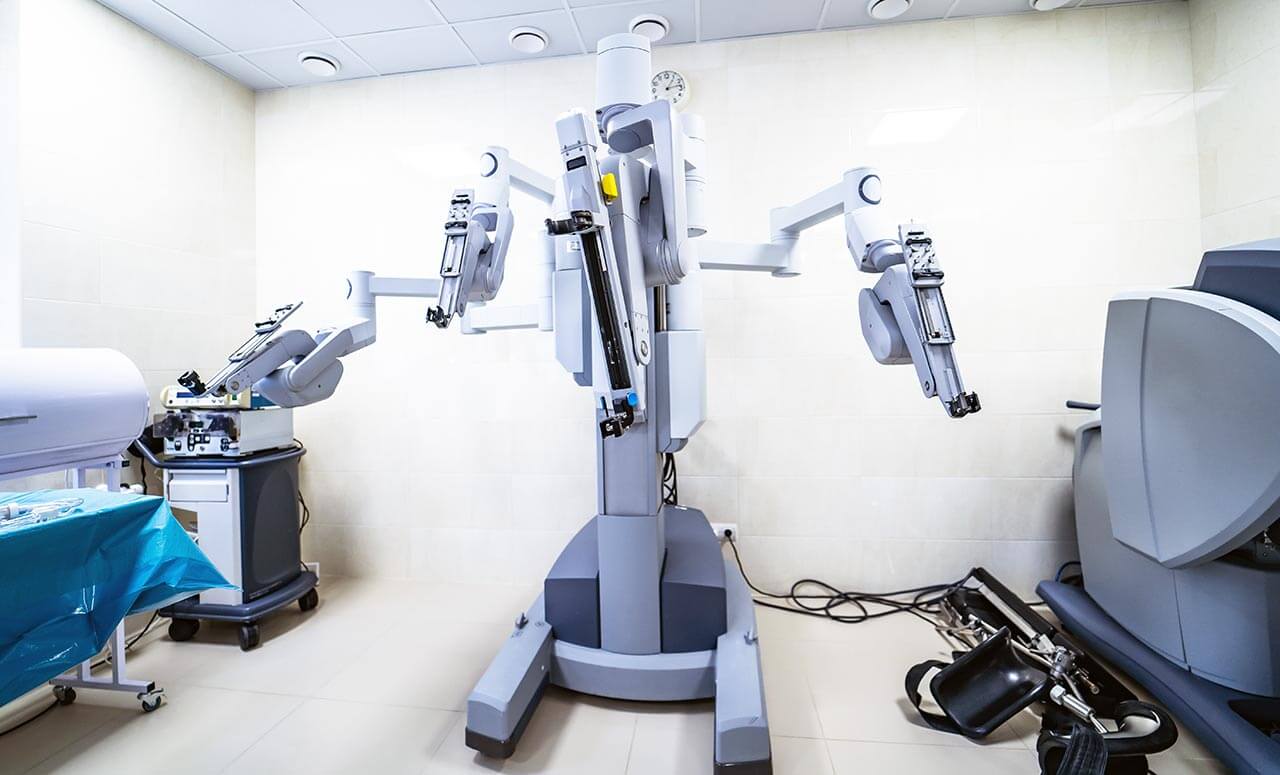
The program includes:
- Initial presentation in the clinic
- clinical history taking
- review of medical records
- physical examination
- laboratory tests:
- complete blood count
- general urine analysis
- biochemical blood test
- inflammation markers (CRP, ESR)
- blood coagulation analysis (aPTT, PT, INR)
- neurological examination
- cerebrovascular doppler ultrasound
- neuropsychological tests:
- EEG (electroencephalography)
- SEPs (somatosensory evoked potentials)
- VEPs (visually evoked potentials)
- BAEP tests (brainstem auditory evoked potentials)
- MRI of the head
(if indicated clinically, additional cost is 800€) - nursing services
- consultation of related specialists
- treatment by chief physician and all leading experts
- explanation of individual treatment plan
Required documents
- Medical records (if availale)
Service
You may also book:
 BookingHealth Price from:
BookingHealth Price from:
About the department
The Department of Neurology at the Rambam Health Care Campus Haifa offers the modern diagnostics and treatment of diseases of the nervous system, including impaired functions of the brain and spinal cord, as well as lesions of the peripheral nervous system. It provides emergency treatment for stroke patients, namely, thrombolytic therapy with tissue plasminogen activators. The department employs highly qualified specialists who use innovations in the field of neurology and apply all their knowledge and skills for the benefit of patients. The department is headed by Prof. Dr. med. David Yarnitsky.
The department pays special attention to the comprehensive diagnostics and treatment of epilepsy, including video EEG monitoring, electrical stimulation, psychological support for patients and their families. Also, the department's priority focus is the medical care of patients with motor disorders. The state-of-art techniques and drugs are applied for this purpose.
The department has an ultramodern EMG Laboratory, which is responsible for the testing of the function of individual muscles and muscle fibers, including sphincters, vocal cord muscles and respiratory muscles.
The department's range of medical services includes:
- Diagnostics and treatment of epilepsy
- Drug therapy
- Vagus nerve stimulation
- Surgical treatment (in collaboration with the specialists in neurosurgery)
- Diagnostics and treatment of motor disorders
- Diagnostics and treatment of trigeminal neuralgia
- Drug therapy
- Injection therapy
- Surgical treatment (in collaboration with the specialists in neurosurgery)
- Diagnostics and treatment of multiple sclerosis
- Drug therapy (injections)
- Supportive methods for pain management, such as massage, physiotherapy
- Diagnostics and treatment of neuromuscular disorders
- Oral and intravenous drug therapy
- Surgical treatment (in collaboration with the specialists in neurosurgery)
- Diagnostics and treatment of Parkinson's disease
- Physiotherapy, occupational therapy and speech therapy
- Drug therapy (levodopa drugs)
- Deep brain stimulation (in collaboration with the specialists in neurosurgery)
- Intracerebral interventions using MRI-guided focused ultrasound (in collaboration with the specialists in neurosurgery)
- Diagnostics and treatment of tremor
- Innovative non-invasive treatment technique using MRI-guided focused ultrasound
- Diagnostics and treatment of cognitive disorders
- Diagnostics and treatment of stroke
- Thrombolytic therapy with tissue plasminogen activators (used during the first 3-6 hours after stroke incidence)
- Diagnostics and treatment of other nervous system diseases
Curriculum vitae
Prof. David Yarnitsky is the Chief Physician of the Department of Neurology at the Rambam Health Care Campus Haifa. He also heads the Laboratory of Clinical Neurophysiology at the Rappaport Faculty of Medicine of the Technion (Israel Institute of Technology).
Prof. Yarnitsky graduated from the Rappaport Faculty of Medicine and completed his residency in Neurology at Rambam followed by a two-year pain management and neuromuscular fellowship at the Oregon Health Sciences University in Portland.
His main research interest is in understanding pain modulation mechanisms and applying them in clinical practice. In addition to supervising clinical training of neurology residents, he mentors graduate and doctoral students in neurophysiology of pain. He has won several research grants from funding agencies, including the European Union, Israel Science Foundation, Binational US-Israel Foundation, Migraine Research Foundation and others. He also heads the Research Committee for the Neuropathic Pain Special Interest Group of the International Association for the Study of Pain (IASP). In 2014, Prof. Yarnitsky received the Ron Melzack Award from the IASP for the best paper of the year in pain research, and he gave a plenary talk at the International Association for the Study of Pain (IASP) world meeting.
He is an Associate Editor for the European Journal of Pain and served until recently as Associate Editor for Pain. For the past six years he has led an international forum of experts on the issue of conditioned pain modulation. The forum has already published two recommendation papers and is about to publish a third one.
Prof. Yarnitsky has authored some 160 papers, several chapters, editorials, review articles and meta-analyses. He is a regular speaker at the World and European Pain Conferences, as well as serves as member of scientific committees.
Photo of the doctor: (c) Rambam Health Care Campus Haifa
About hospital
The Rambam Health Care Campus Haifa is the largest and the most progressive hospital in Northern Israel. The medical center was founded in 1938 and nowadays is proud of its long history, rich and successful experience in providing comprehensive medical services in all medical fields. The hospital serves more than 2 million locals, as well as the members of the Israel Defense Forces, UN Peacekeeping Forces and the United States Sixth Fleet. The medical center houses 61 inpatient departments, 73 specialized departments, 10 medical institutes and 25 laboratories. It is also the clinical and academic base of the Technion – Israel Institute of Technology.
The medical center includes the Ruth Rappaport Children's Hospital. It is a multidisciplinary medical facility specializing in the diagnostics and treatment of various pathologies, including extremely rare ones, in children of all age groups.
The total number of employees in the medical facility is 4,000 (715 doctors and 1,407 nurses). Many doctors are world-famous in the field of their clinical specialty and participate in advanced research projects in order to offer new treatment methods not only to their patients, but also to the world community.
The medical center is a leader in the field of medical care in emergency cases with a large number of victims. In addition, the hospital is certified in accordance with the strict standards of the Joint Commission International (JCI).
During the long-term and successful clinical practice, the medical center has formed a clear vision of optimal medical support and system of values. These suggest that the primary focus is always on the patient with his individual needs and wishes, while the medical services are professional, high-quality and safe. In addition, the specialists of the hospital apply the most effective and innovative treatment methods, as well as create a favorable environment, which contributes to the improvement of physical and emotional health and well-being of the patient. The key role in the daily work of the hospital is also played by a tolerant attitude towards all patients.
Photo: (c) depositphotos
Accommodation in hospital
Patients rooms
The patients of the Rambam Health Care Campus Haifa live in comfortable rooms designed in light colors. The standard room includes an automatically adjustable bed, a bedside table, a wardrobe for storing clothes, an armchair and chairs for receiving visitors, a TV, a telephone. Each room is equipped with an ensuite bathroom with shower and toilet.
Meals and Menus
The patients of the hospital are offered tasty and balanced three meals a day: breakfast, lunch and dinner. The menu also includes dietary and vegetarian dishes.
Further details
Standard rooms include:





